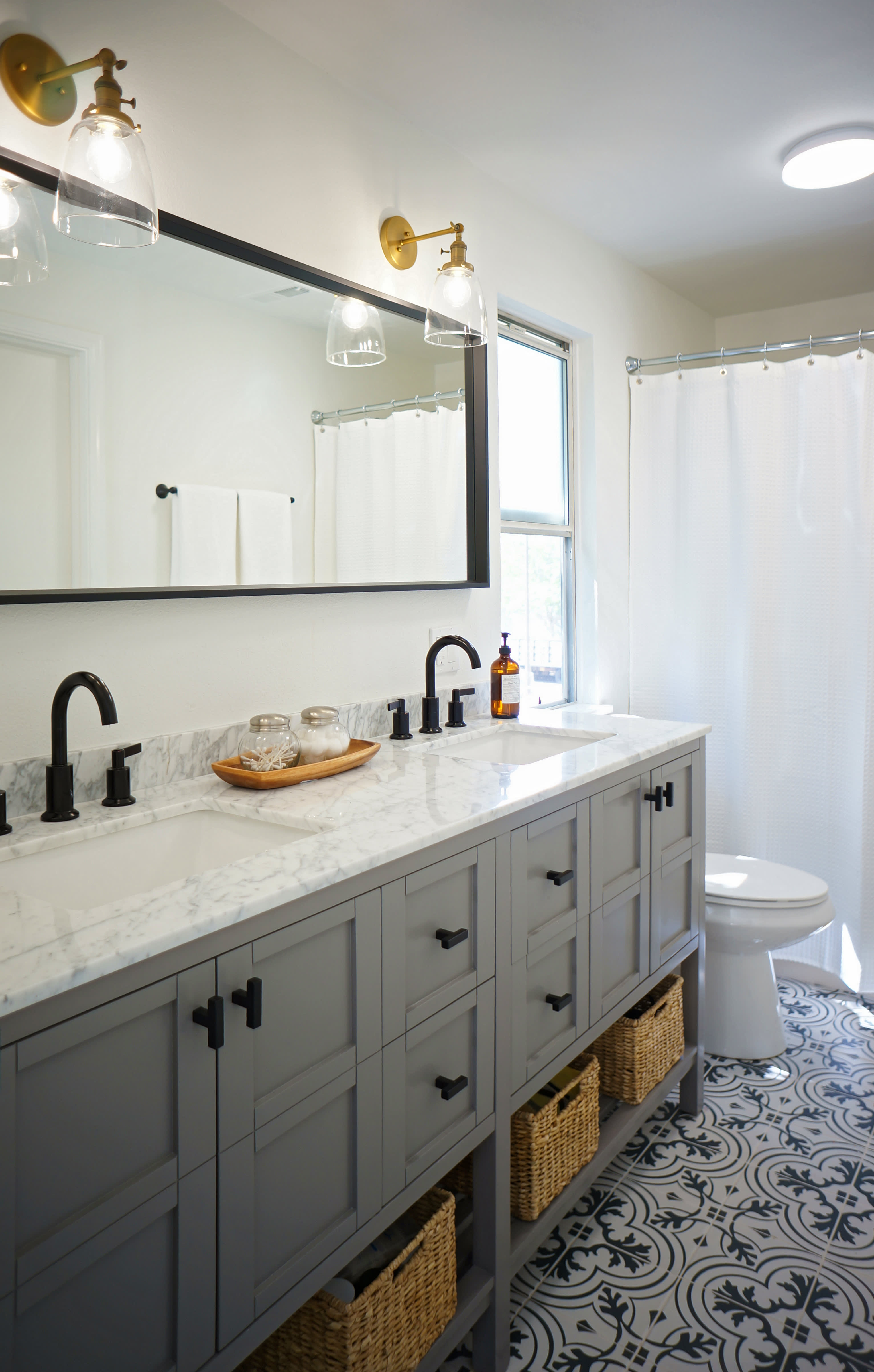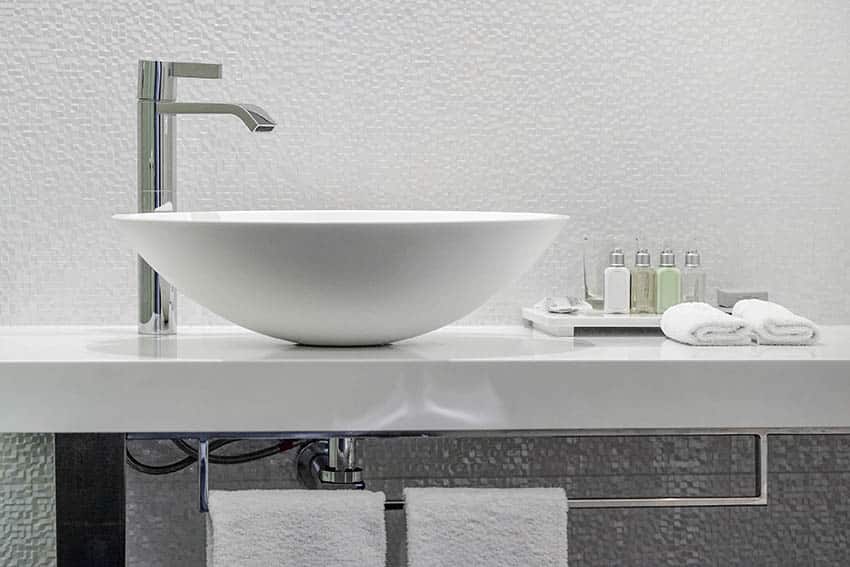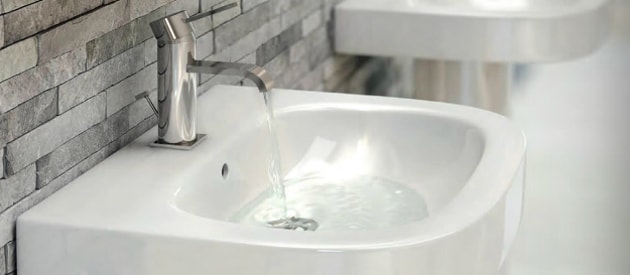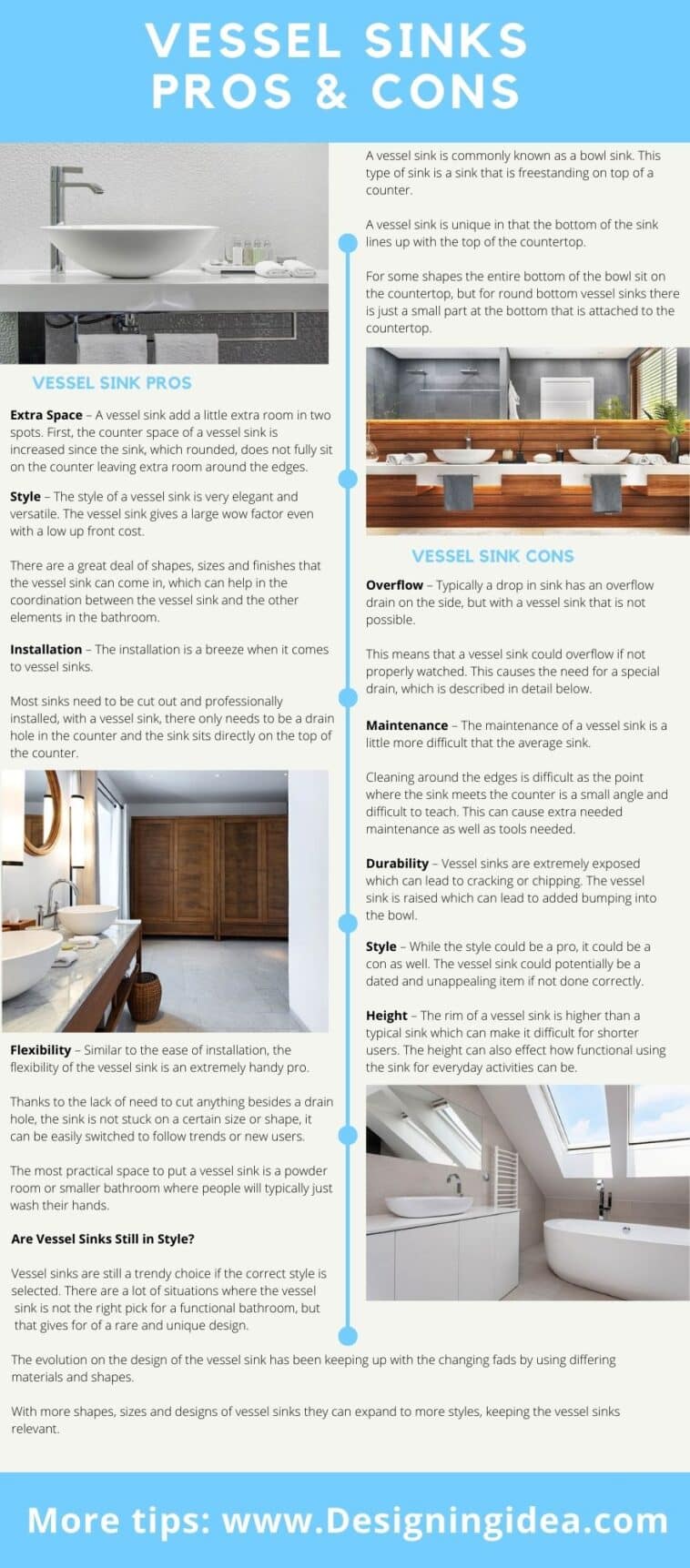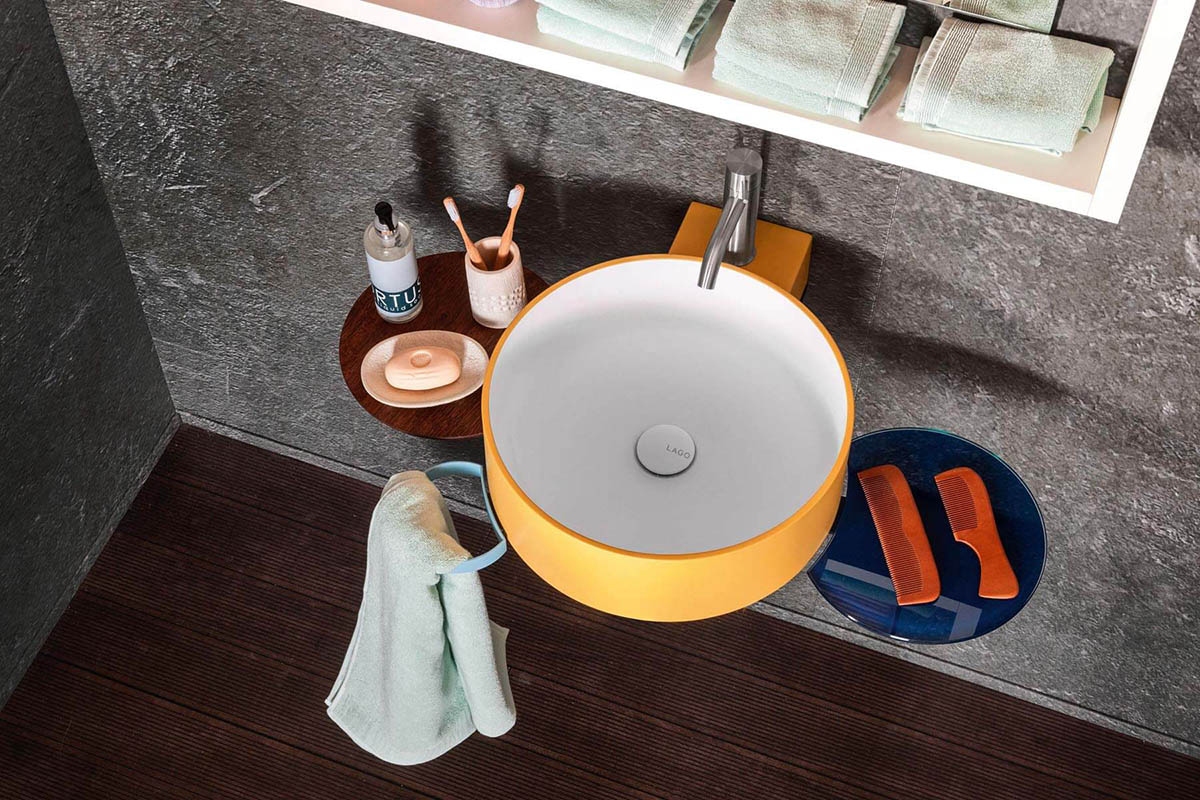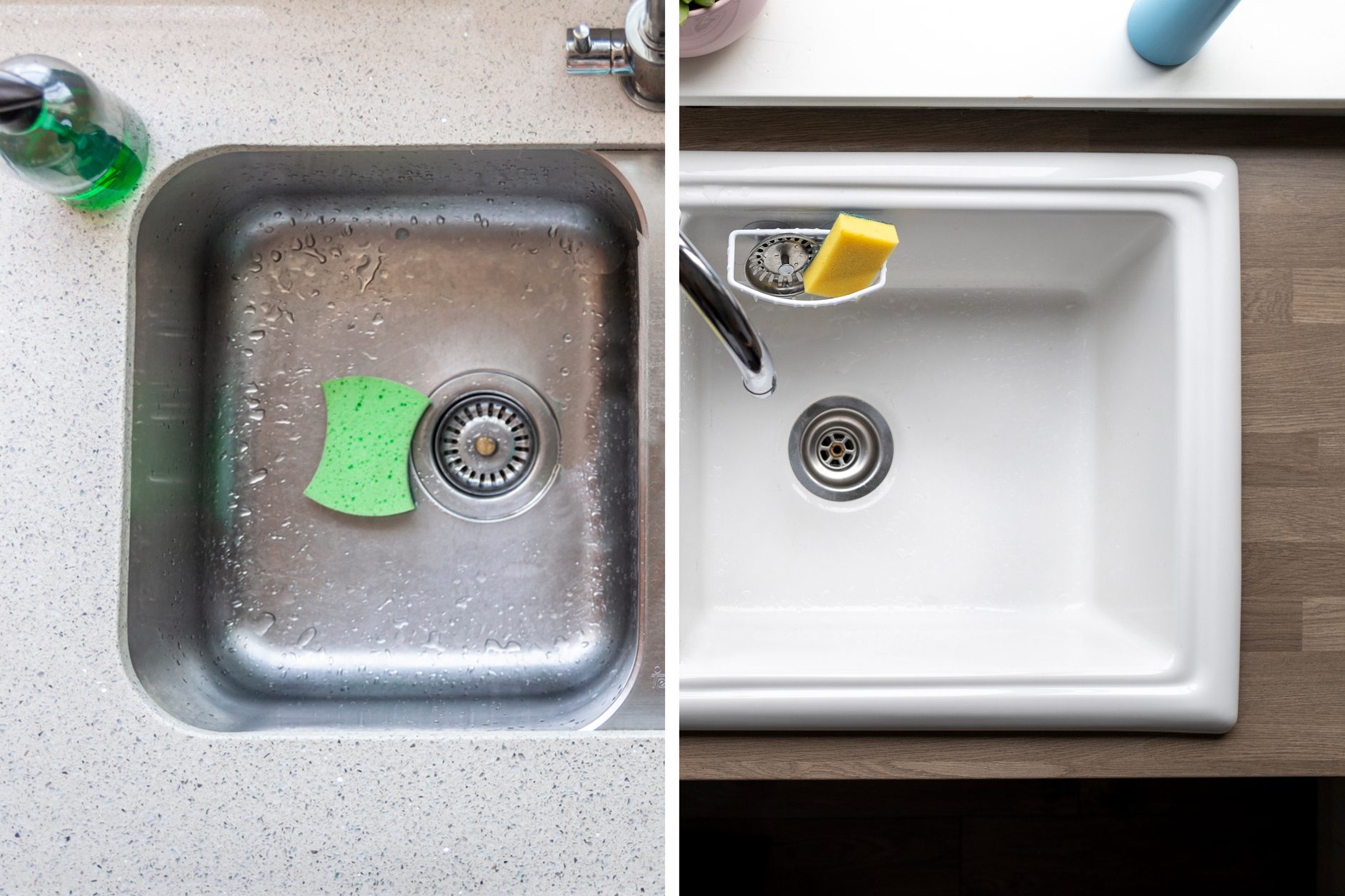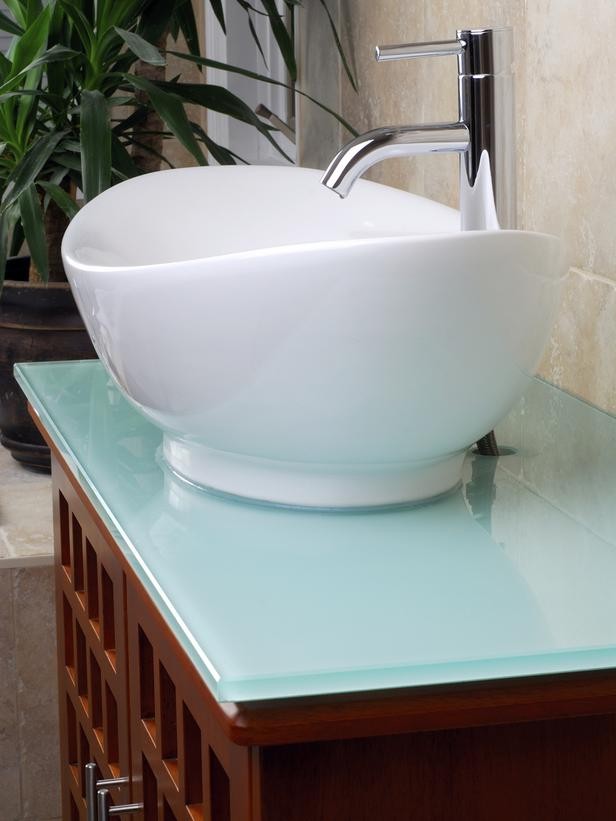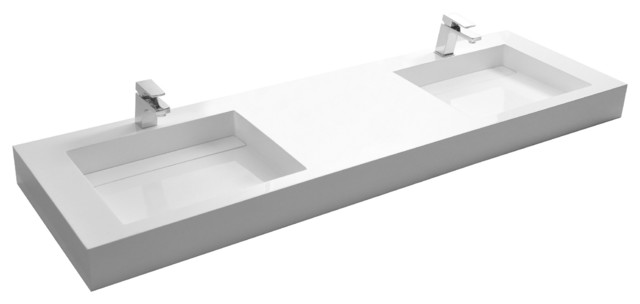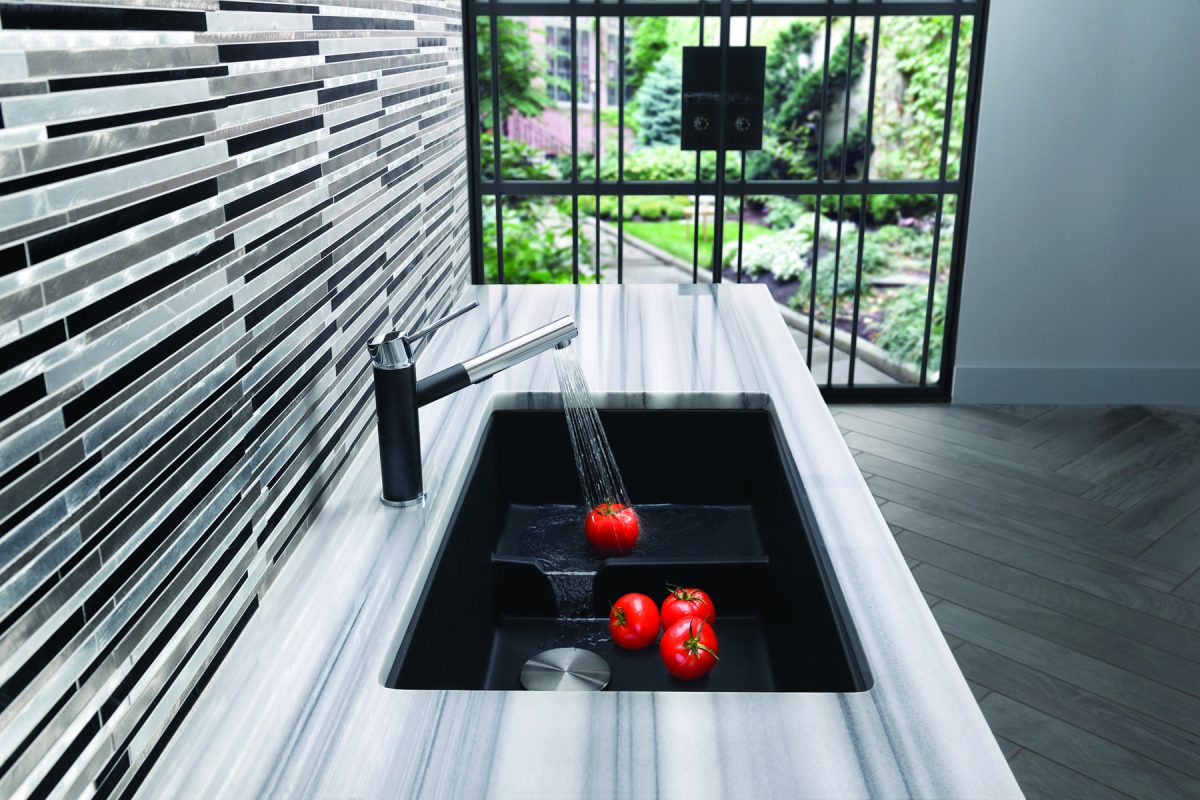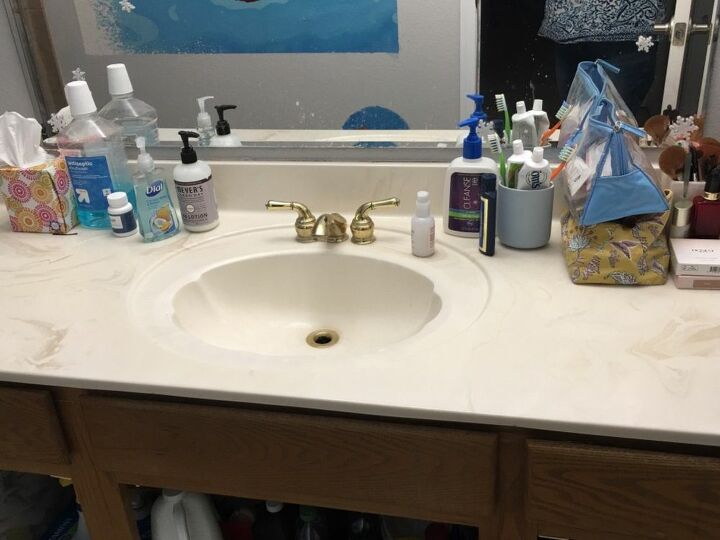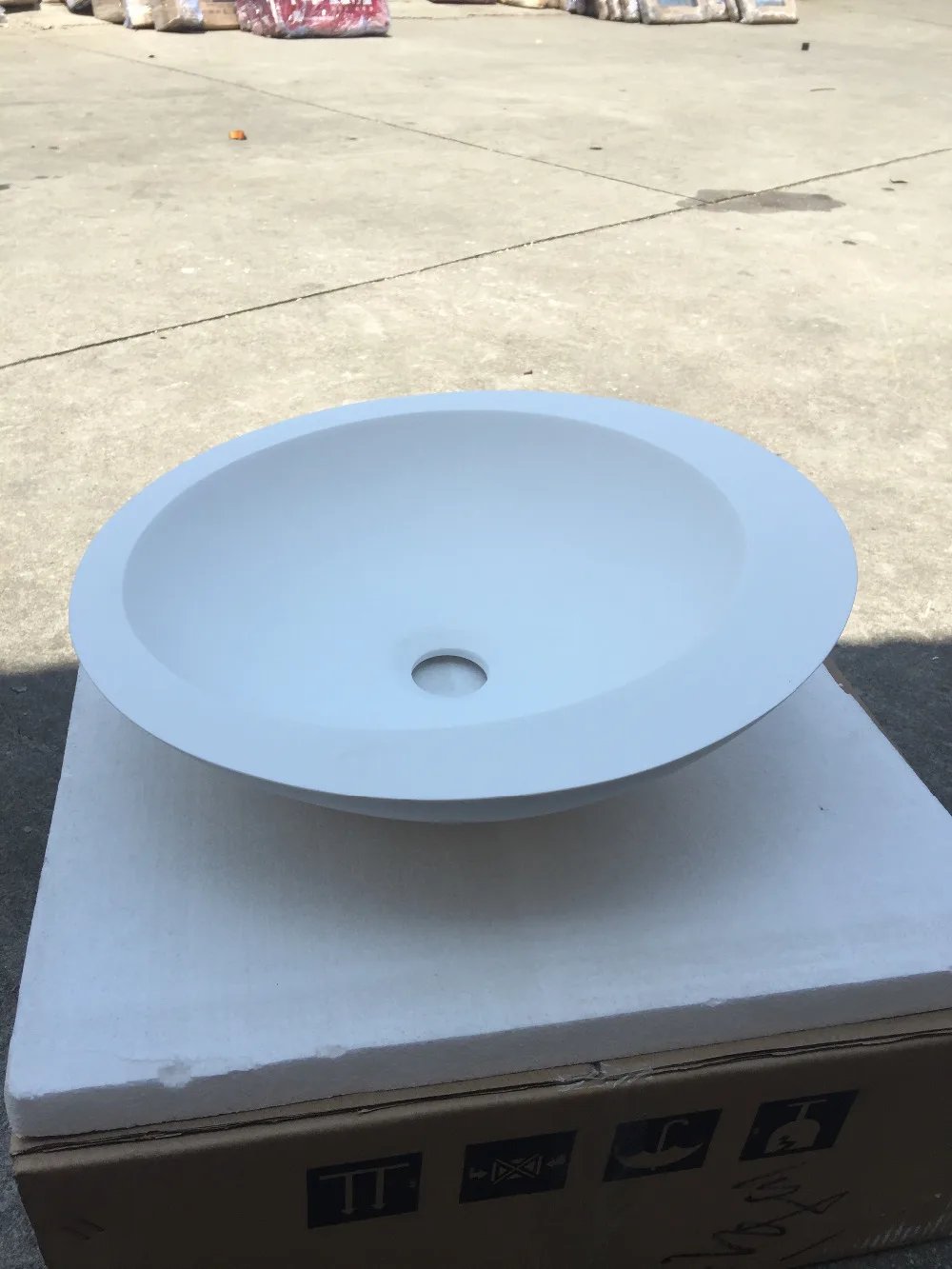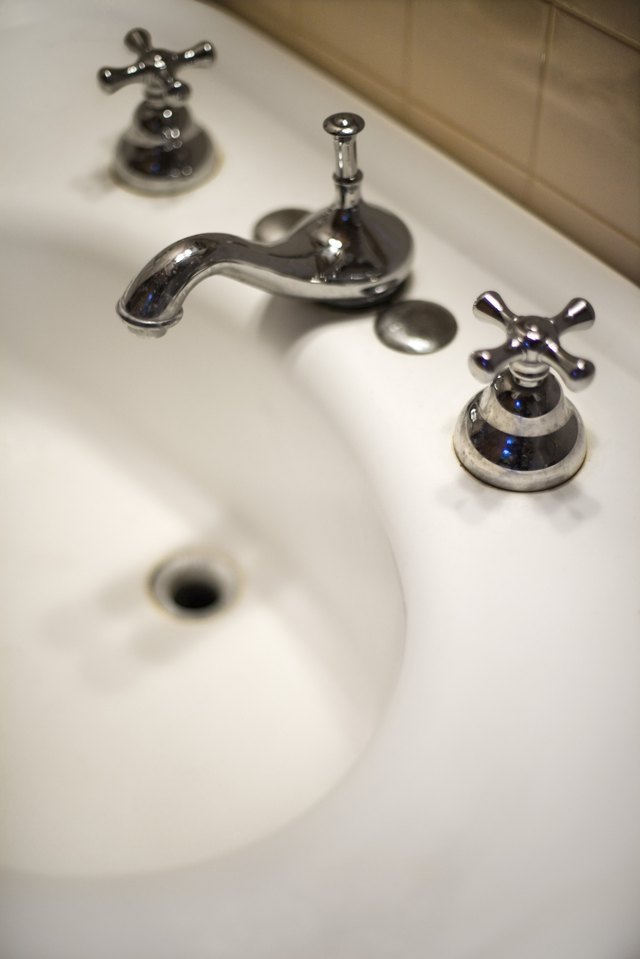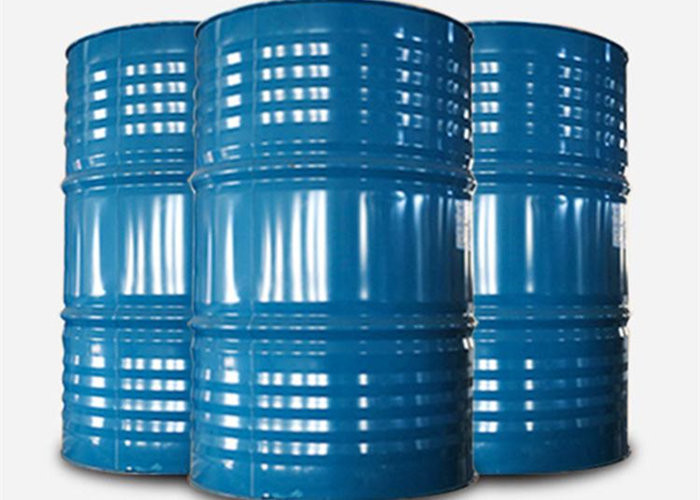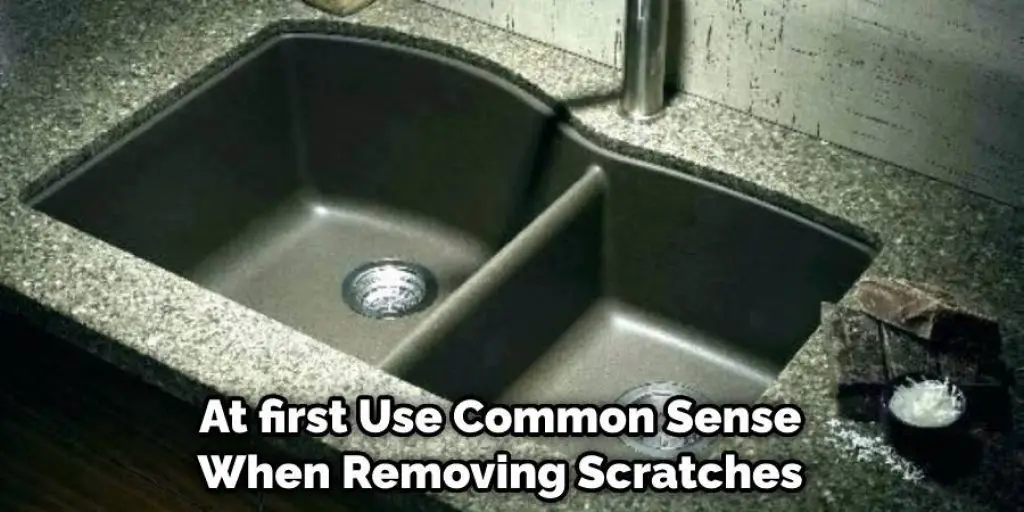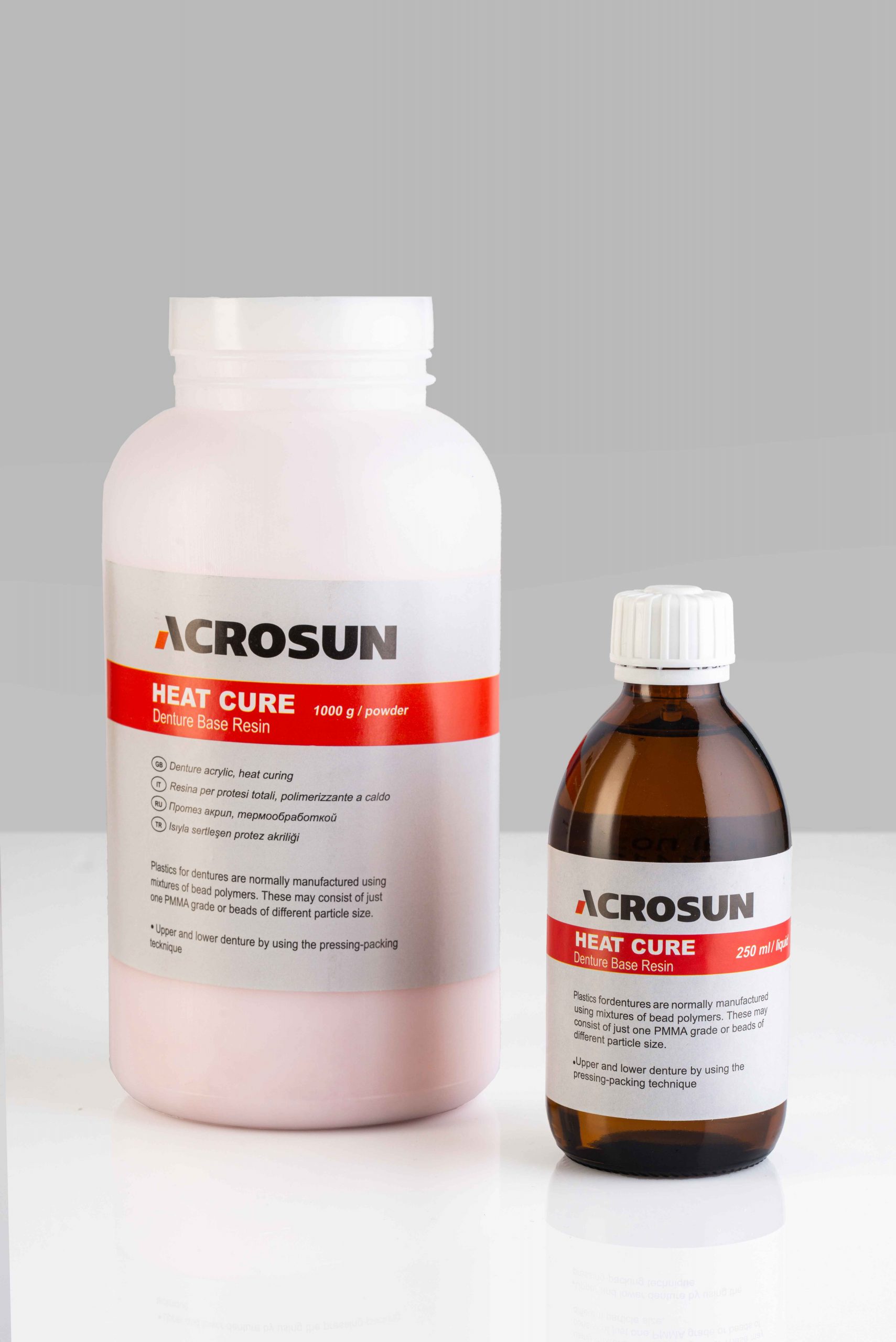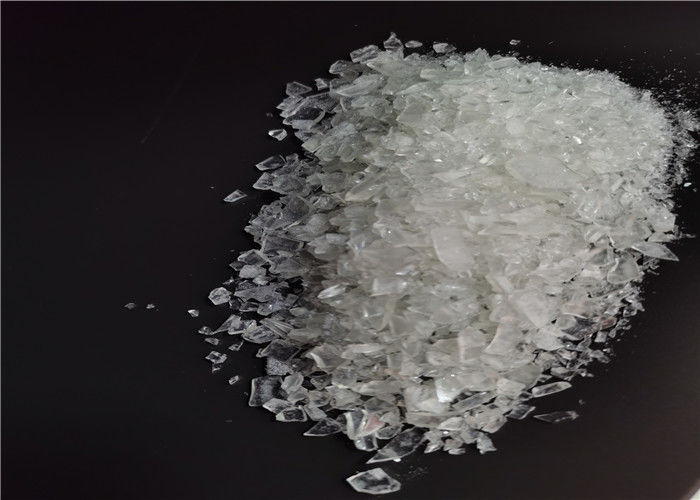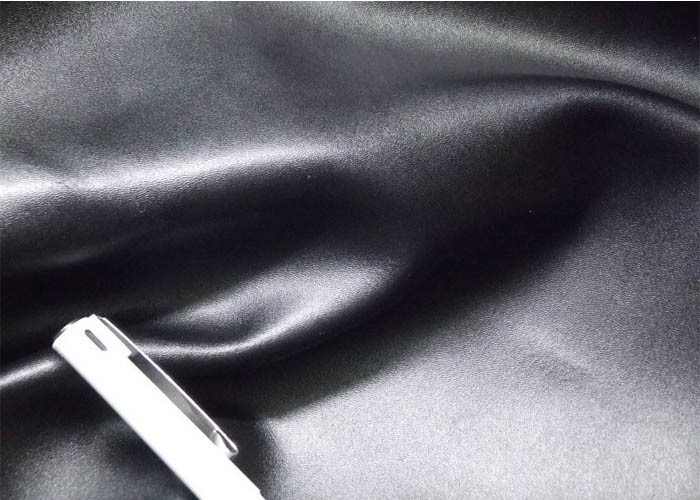Easy to Clean: One of the top advantages of acrylic resin bathroom sinks is their easy maintenance. They are non-porous, which means they do not absorb water or stain easily. This makes them very easy to clean with just a mild soap and water, making them a popular choice for busy households. Lightweight: Acrylic resin bathroom sinks are much lighter than other sink materials such as ceramic or stone. This makes them easier to install and handle, especially for DIY enthusiasts. Cost-Effective: Compared to other sink materials, acrylic resin is relatively affordable. This makes it a popular option for those on a budget, as it offers a similar look and functionality as more expensive materials. Wide Variety of Colors and Designs: Acrylic resin bathroom sinks come in a wide range of colors, patterns, and designs, making it easy to find one that suits your bathroom style. Whether you want a sleek and modern sink or a more traditional look, there is an acrylic resin sink that will fit your needs. Easy to Repair: In the event of any damage, acrylic resin sinks can be easily repaired without having to replace the entire sink. This is a more cost-effective option compared to other sink materials that may require a full replacement.Pros of Acrylic Resin Bathroom Sinks
Not as Durable as Other Materials: While acrylic resin is a relatively durable material, it is not as strong as other sink materials such as ceramic or stone. This means it may be more prone to scratches and dents, especially if heavy objects are dropped on it. Not Heat Resistant: Acrylic resin sinks are not very heat resistant, which means they can be damaged if hot objects are placed directly on them. It is important to use a trivet or hot pad when placing hot items on the sink. Prone to Staining: While acrylic resin sinks are generally stain-resistant, they are not completely immune. Certain harsh chemicals and dyes can cause discoloration, so it is important to avoid using these products on or near the sink. May Crack or Chip: Acrylic resin sinks can be prone to cracking or chipping, especially if they are not installed properly. It is important to follow the manufacturer's instructions for installation to avoid any damage. Not as Environmentally Friendly: Compared to other sink materials, acrylic resin is not as environmentally friendly. It is a synthetic material and is not biodegradable, so it may not be the best option for those looking for eco-friendly choices.Cons of Acrylic Resin Bathroom Sinks
Acrylic resin bathroom sinks are known for their durability, but they may not be as strong as other sink materials. While they are resistant to scratches and stains, they can still be damaged if not handled properly. It is important to follow the manufacturer's instructions for installation and maintenance to ensure the longevity of your sink. One of the main factors that can affect the durability of acrylic resin sinks is the quality of the material used. Higher quality acrylic resin will be more durable and less prone to cracking or chipping. It is important to do your research and choose a reputable brand when purchasing an acrylic resin sink.Durability of Acrylic Resin Bathroom Sinks
Acrylic resin bathroom sinks are known for their easy maintenance. They are non-porous, which means they do not absorb water or stain easily. This makes them very easy to clean with just a mild soap and water. However, there are a few things to keep in mind when it comes to maintaining your acrylic resin sink. It is important to avoid using harsh chemicals or abrasive cleaners on the sink, as this can cause damage and discoloration. It is also recommended to wipe down the sink after each use to prevent any buildup of dirt or grime. In the event of any damage, such as scratches or stains, it is important to address it as soon as possible. This will prevent the damage from getting worse and make it easier to repair.Maintenance of Acrylic Resin Bathroom Sinks
Acrylic resin bathroom sinks are a cost-effective option compared to other sink materials. While they offer a similar look and functionality as more expensive materials, they come at a fraction of the cost. The cost of an acrylic resin sink can vary depending on the brand, size, and design. However, on average, they are much more affordable than sinks made of ceramic, stone, or other materials. When considering the cost, it is important to also factor in the durability and maintenance of acrylic resin sinks. While they may be more affordable upfront, they may require more frequent repairs or replacements in the long run.Cost of Acrylic Resin Bathroom Sinks
Acrylic resin bathroom sinks offer a wide range of design options, making it easy to find one that fits your bathroom style. They come in a variety of colors, patterns, and designs, including options that mimic the look of stone or ceramic. One of the advantages of acrylic resin sinks is that they are customizable. They can be molded into different shapes and sizes, allowing for more unique and creative designs. This makes them a popular choice for those looking for a one-of-a-kind sink for their bathroom.Design Options for Acrylic Resin Bathroom Sinks
Acrylic resin sinks are relatively easy to install, especially for those with some DIY experience. They are much lighter than other sink materials, making them easier to handle and install. It is important to follow the manufacturer's instructions for installation to ensure the sink is properly secured and to prevent any damage. If you are not confident in your DIY skills, it is best to hire a professional to install the sink for you.Installation of Acrylic Resin Bathroom Sinks
Acrylic resin sinks are known for their stain resistance, but they are not completely immune. Certain harsh chemicals and dyes can cause discoloration, so it is important to avoid using these products on or near the sink. Regular cleaning and maintenance can also help prevent any stains from occurring. Wiping down the sink after each use and avoiding leaving products on the sink for extended periods can help maintain its stain resistance.Stain Resistance of Acrylic Resin Bathroom Sinks
Acrylic resin sinks are relatively scratch resistant, but they can still be damaged if not handled properly. It is important to avoid using abrasive cleaners or rough scrubbing tools on the sink, as this can cause scratches. It is also recommended to use a cutting board when preparing food on the sink, as sharp knives can also cause scratches. Regular cleaning and maintenance can also help prevent scratches from occurring.Scratch Resistance of Acrylic Resin Bathroom Sinks
Acrylic resin sinks are not very heat resistant, which means they can be damaged if hot objects are placed directly on them. It is important to use a trivet or hot pad when placing hot items on the sink to prevent any damage. It is also recommended to avoid pouring boiling water directly into the sink, as this can cause cracks or discoloration. Taking these precautions can help maintain the heat resistance of your acrylic resin sink.Heat Resistance of Acrylic Resin Bathroom Sinks
Acrylic resin bathroom sinks have become increasingly popular in recent years for their modern and sleek design, as well as their durability and affordability. However, like any other material, there are both pros and cons to using acrylic resin for your bathroom sink. In this article, we will discuss the advantages and disadvantages of acrylic resin bathroom sinks to help you make an informed decision for your home design.
The Pros of Acrylic Resin Bathroom Sinks

1. Versatility in Design
 One of the biggest advantages of acrylic resin bathroom sinks is their versatility in design. These sinks can be molded into a variety of shapes and sizes, making it easy to find one that fits your specific design needs. Whether you prefer a contemporary or traditional style, there is an acrylic resin sink that will complement your bathroom perfectly.
One of the biggest advantages of acrylic resin bathroom sinks is their versatility in design. These sinks can be molded into a variety of shapes and sizes, making it easy to find one that fits your specific design needs. Whether you prefer a contemporary or traditional style, there is an acrylic resin sink that will complement your bathroom perfectly.
2. Durability
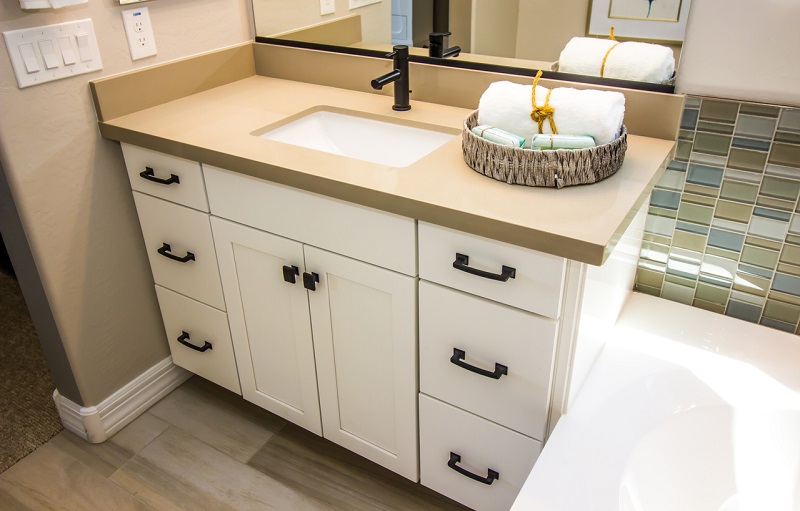 Acrylic resin is a highly durable material that can withstand everyday wear and tear. It is resistant to chipping, cracking, and staining, making it a great choice for high-traffic bathrooms. Additionally, acrylic resin is also heat-resistant, so you don't have to worry about damaging your sink with hot hair tools or other heated objects.
Acrylic resin is a highly durable material that can withstand everyday wear and tear. It is resistant to chipping, cracking, and staining, making it a great choice for high-traffic bathrooms. Additionally, acrylic resin is also heat-resistant, so you don't have to worry about damaging your sink with hot hair tools or other heated objects.
3. Easy to Clean
 Cleaning an acrylic resin bathroom sink is a breeze. The non-porous surface of the sink means that it is less likely to harbor bacteria and is easy to wipe clean with just soap and water. This makes acrylic resin sinks an ideal choice for families with young children or for those who want a low-maintenance bathroom.
Cleaning an acrylic resin bathroom sink is a breeze. The non-porous surface of the sink means that it is less likely to harbor bacteria and is easy to wipe clean with just soap and water. This makes acrylic resin sinks an ideal choice for families with young children or for those who want a low-maintenance bathroom.
4. Affordability
 Compared to other sink materials such as porcelain or granite, acrylic resin sinks are much more affordable. This makes it a great option for those on a budget or for those who are looking for a cost-effective way to update their bathroom.
Compared to other sink materials such as porcelain or granite, acrylic resin sinks are much more affordable. This makes it a great option for those on a budget or for those who are looking for a cost-effective way to update their bathroom.
The Cons of Acrylic Resin Bathroom Sinks
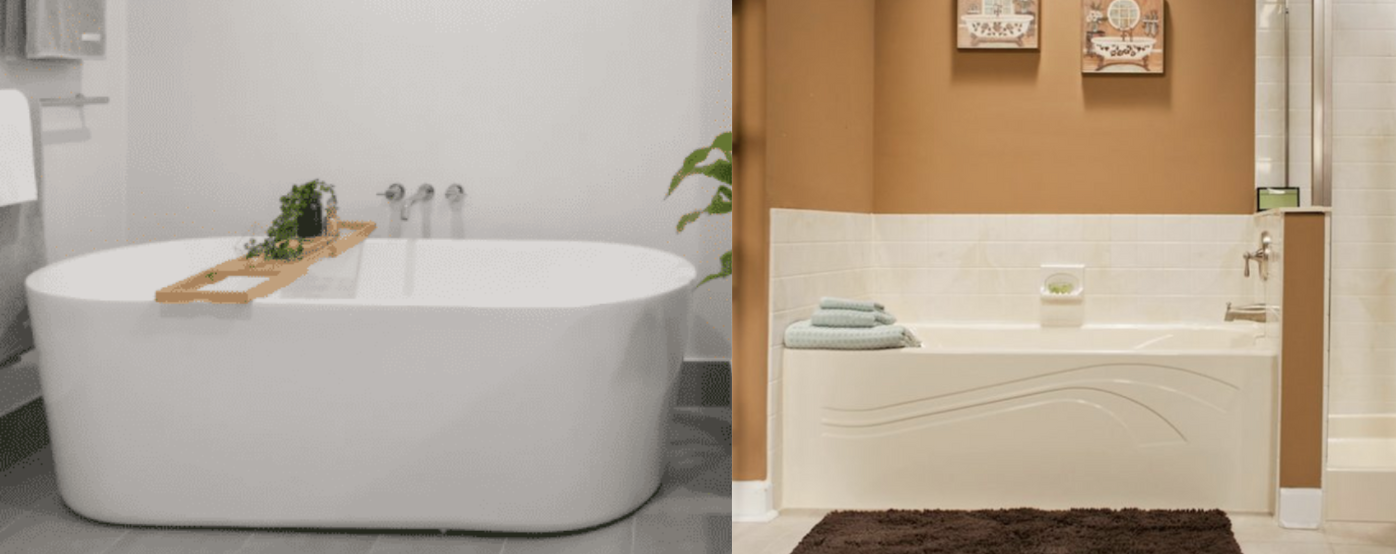
1. Prone to Scratches
 While acrylic resin is a durable material, it is prone to scratches. This means that over time, your sink may develop visible scratches from everyday use. However, these scratches can often be buffed out with a fine-grit sandpaper.
While acrylic resin is a durable material, it is prone to scratches. This means that over time, your sink may develop visible scratches from everyday use. However, these scratches can often be buffed out with a fine-grit sandpaper.
2. Limited Color Options
 Compared to other sink materials, acrylic resin has a more limited range of color options. While it is available in a variety of colors, it may be harder to find a specific shade that matches your bathroom design.
Compared to other sink materials, acrylic resin has a more limited range of color options. While it is available in a variety of colors, it may be harder to find a specific shade that matches your bathroom design.
3. Vulnerable to Chemicals
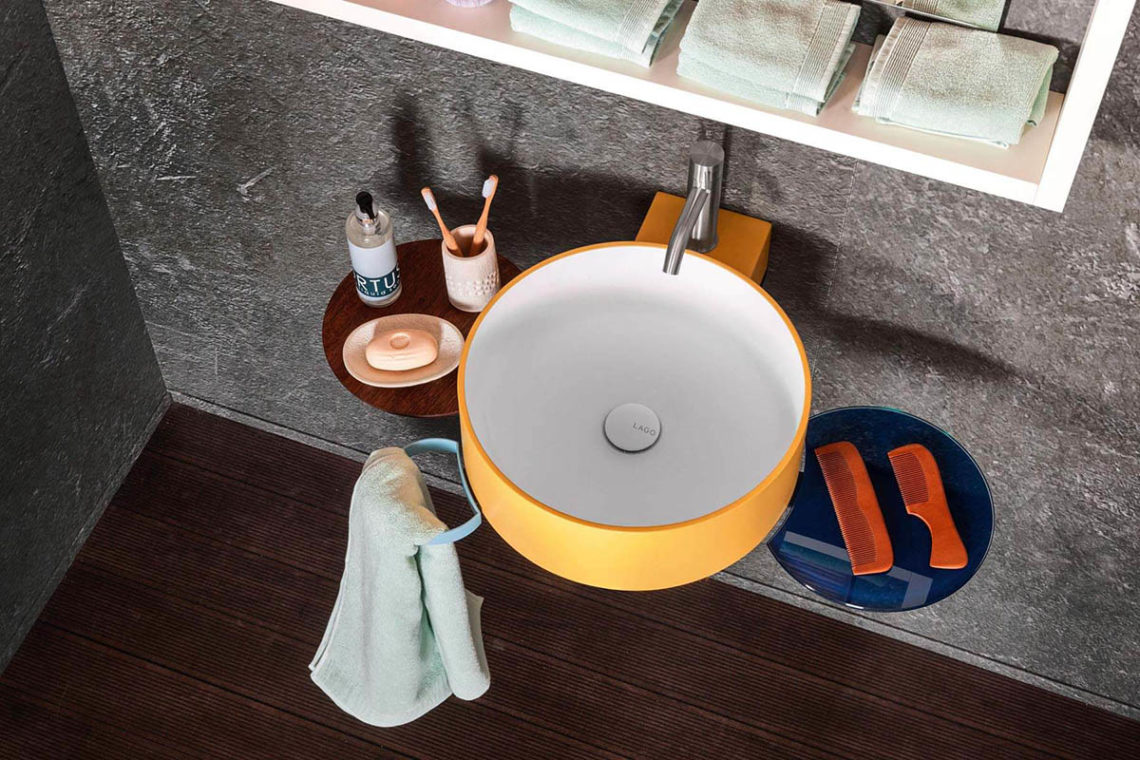 Acrylic resin can be damaged by harsh chemicals, so it's important to avoid using abrasive cleaners or bleach on your sink. These chemicals can cause discoloration or even damage the surface of the sink.
Acrylic resin can be damaged by harsh chemicals, so it's important to avoid using abrasive cleaners or bleach on your sink. These chemicals can cause discoloration or even damage the surface of the sink.
4. Not as Durable as Other Materials
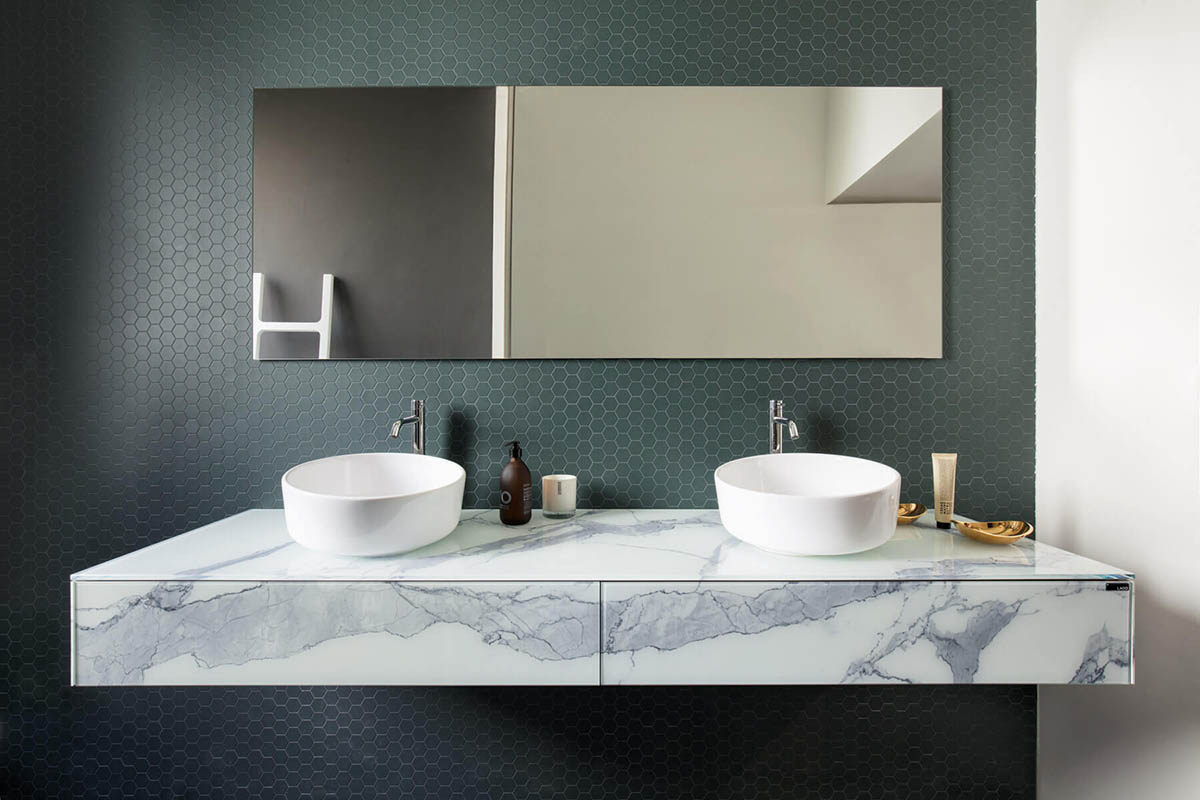 While acrylic resin is durable, it is not as strong as other materials such as porcelain or granite. This means that it may be more susceptible to cracking or chipping if heavy objects are dropped on it.
In conclusion, acrylic resin bathroom sinks have many benefits, including versatility in design, durability, easy maintenance, and affordability. However, they also have some downsides, such as being prone to scratches and vulnerable to chemical damage. Consider these pros and cons carefully to determine if an acrylic resin sink is the right choice for your bathroom design.
While acrylic resin is durable, it is not as strong as other materials such as porcelain or granite. This means that it may be more susceptible to cracking or chipping if heavy objects are dropped on it.
In conclusion, acrylic resin bathroom sinks have many benefits, including versatility in design, durability, easy maintenance, and affordability. However, they also have some downsides, such as being prone to scratches and vulnerable to chemical damage. Consider these pros and cons carefully to determine if an acrylic resin sink is the right choice for your bathroom design.

